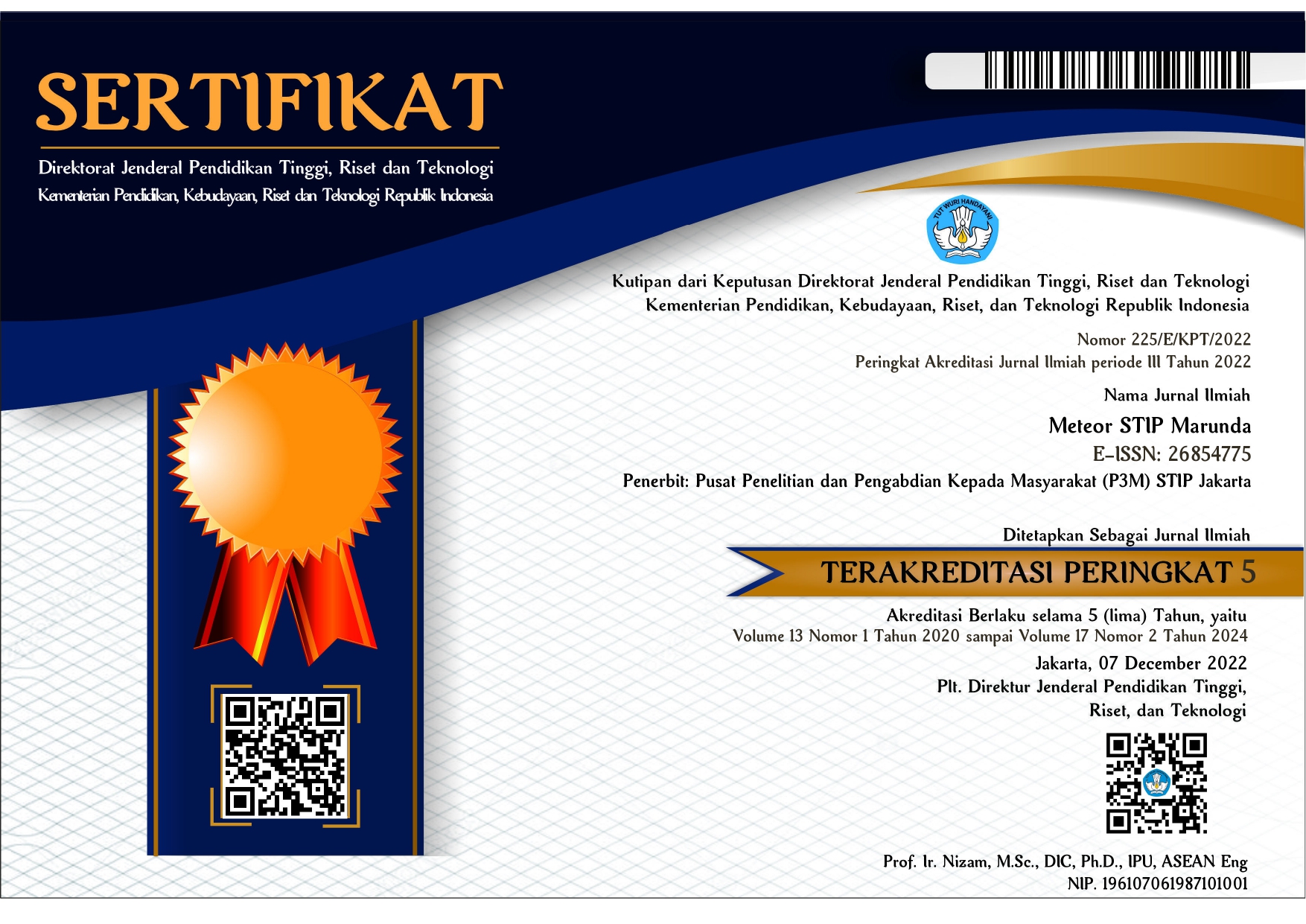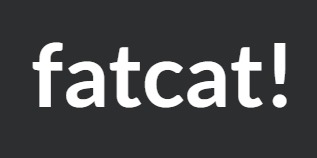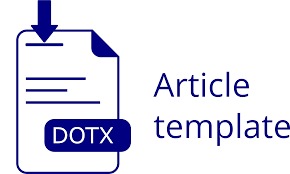PEDAGOGICAL APPROACHES IN MARITIME CADET TEACHING: ENHANCING LEARNING OUTCOMES
Abstract
This research investigates pedagogical strategies in maritime cadet teaching to improve learning outcomes. Qualitative analysis involving 45 junior cadets from Maritime Institutes, Private Maritime Institutes, and Vocational Schools elucidates perceptions and effectiveness of teaching methodologies. Results highlight the importance of aligning pedagogy with international standards, addressing emerging needs, and fostering professionalism. Integrating emerging technologies, enhancing soft skills development, promoting safety culture, and continuous professional development emerge as crucial areas. The study emphasizes the significance of cultivating professionalism, including ethics, integrity, teamwork, leadership, and cultural sensitivity. Overall, this research emphasizes the necessity for continuous improvement and innovation in cadet training to prepare future maritime professionals effectively.
References
Autsadee, Y., Jeevan, J., Mohd Salleh, N. H. Bin, & Othman, M. R. Bin. (2023). Digital tools and challenges in human resource development and its potential within the maritime sector through bibliometric analysis. Journal of International Maritime Safety, Environmental Affairs, and Shipping, 7(4), 2286409.
Balkin, R. (2006). The international maritime organization and maritime security. Tul. Mar. LJ, 30, 1.
Bee, M. (2017). A study into the professional identity of lecturers at a maritime education and training institute operating on the boundary of further and higher education. University of Southampton.
Brenker, M., Möckel, S., Küper, M., Schmid, S., Spann, M., & Strohschneider, S. (2017). Challenges of multinational crewing: a qualitative study with cadets. WMU Journal of Maritime Affairs, 16, 365–384.
Chirea-Ungureanu, C. (2021). Preparing for an unknown future. Autonomous ships versus position of the Maritime English/IMO Standard Marine Communication Phrases (ME/IMO SMCPs) in maritime practice. How are we going to solve this problem? TransNav: International Journal on Marine Navigation and Safety of Sea Transportation, 15.
Christodoulou-Varotsi, I., & Pentsov, D. A. (2008). The STCW Convention and related instruments. Maritime Work Law Fundamentals: Responsible Shipowners, Reliable Seafarers, 422–639.
Cicek, K., Akyuz, E., & Celik, M. (2019). Future skills requirements analysis in maritime industry. Procedia Computer Science, 158, 270–274.
Creswell, J. W., & Clark, V. L. P. (2011). Choosing a mixed methods design. In Designing and Conducting Mixed Methods Research (pp. 53–106). Sage Publications, Inc.
de la Peña Zarzuelo, I., Soeane, M. J. F., & Bermúdez, B. L. (2020). Industry 4.0 in the port and maritime industry: A literature review. Journal of Industrial Information Integration, 20, 100173.
Dyagileva, O., Goridko, N., Popova, H., Voloshynov, S., & Yurzhenko, A. (2020). Ensuring sustainable development of education of future maritime transport professionals by means of network interaction.
Fang, S., Wang, Y., Gou, B., & Xu, Y. (2019). Toward future green maritime transportation: An overview of seaport microgrids and all-electric ships. IEEE Transactions on Vehicular Technology, 69(1), 207–219.
Ferritto, V. R. (2016). Maritime education factors and presenteeism: a comparative quantitative study. WMU Journal of Maritime Affairs, 15, 353–380.
Gavalas, D., Syriopoulos, T., & Roumpis, E. (2022). Digital adoption and efficiency in the maritime industry. Journal of Shipping and Trade, 7(1), 11.
Ghosh, S., Bowles, M., Ranmuthugala, D., & Brooks, B. (2014). On a lookout beyond STCW: Seeking standards and context for the authentic assessment of seafarers. 15th Annual General Assembly of the International Association of Maritime Universities, IAMU AGA 2014-Looking Ahead: Innovation in Maritime Education, Training and Research, 77–86.
Harrison, J. (2009). International Maritime Organization. Int’l J. Marine & Coastal L., 24, 727.
Holland, J., & Holland, J. (2014). Implications of shifting technology in education. TechTrends, 58, 16–25.
House, D., & Saeed, F. (2016). The seamanship examiner: for STCW certification examinations. Taylor & Francis.
Kadhm, S. J. (2021). Validation of Sherouk’s Critical Thinking Test (SH-CTT). In Research Anthology on Developing Critical Thinking Skills in Students (pp. 1345–1356). IGI Global. https://doi.org/10.4018/978-1-7998-3022-1.ch070
Kidd, R., & McCarthy, E. (2019). Maritime education in the age of autonomy. WIT Transactions on The Built Environment, 187, 221–230.
Kompan, J., & Hrnčiar, M. (2021). Enhancing the critical thinking of the cadets via real-life scenarios during remote learning. EDULEARN21 Proceedings, 5238–5245.
Lau, Y., & Ng, A. K. Y. (2015). The motivations and expectations of students pursuing maritime education. WMU Journal of Maritime Affairs, 14, 313–331.
Mallam, S. C., Nazir, S., & Renganayagalu, S. K. (2019). Rethinking maritime education, training, and operations in the digital era: Applications for emerging immersive technologies. Journal of Marine Science and Engineering, 7(12), 428.
Mandaraka-Sheppard, A. (2014). Modern maritime law and risk management. CRC Press.
Manuel, M. E. (2017). Vocational and academic approaches to maritime education and training (MET): Trends, challenges and opportunities. WMU Journal of Maritime Affairs, 16, 473–483.
Munim, Z. H., Dushenko, M., Jimenez, V. J., Shakil, M. H., & Imset, M. (2020). Big data and artificial intelligence in the maritime industry: a bibliometric review and future research directions. Maritime Policy & Management, 47(5), 577–597.
Nalupa, H. D. V. (2022). Challenges and opportunities for maritime education and training in the 4th industrial revolution.
Neve, G., Dutta, N., & Kumar, S. (2020). 103 Exploring the teaching and training needs of students and clinicians in digital health. In Abstracts. BMJ Publishing Group Ltd. https://doi.org/10.1136/leader-2020-fmlm.103
Padgett, D. K. (2016). Qualitative methods in social work research (Vol. 36). Sage publications.
Plaza-Hernández, M., Gil-González, A. B., Rodríguez-González, S., Prieto-Tejedor, J., & Corchado-Rodríguez, J. M. (2021). Integration of IoT technologies in the maritime industry. Distributed Computing and Artificial Intelligence, Special Sessions, 17th International Conference, 107–115.
Rochwulaningsih, Y., Sulistiyono, S. T., Masruroh, N. N., & Maulany, N. N. (2019). Marine policy basis of Indonesia as a maritime state: The importance of integrated economy. Marine Policy, 108, 103602.
Sarosa, S. (2021). Analisis Data Penelitian Kualitatif. Pt Kanisius.
Sharma, A. (2023). Potential of technology supported competence development for Maritime Education and Training.
Utne, I. B., Sørensen, A. J., & Schjølberg, I. (2017). Risk management of autonomous marine systems and operations. International Conference on Offshore Mechanics and Arctic Engineering, 57663, V03BT02A020.
Wang, Y., Kung, L., & Byrd, T. A. (2018). Big data analytics: Understanding its capabilities and potential benefits for healthcare organizations. Technological Forecasting and Social Change, 126, 3–13.
Zhang, J., Yan, X., Zhang, D., Haugen, S., & Yang, X. (2014). Safety management performance assessment for Maritime Safety Administration (MSA) by using generalized belief rule base methodology. Safety Science, 63, 157–167.












_(1)(1).png)

